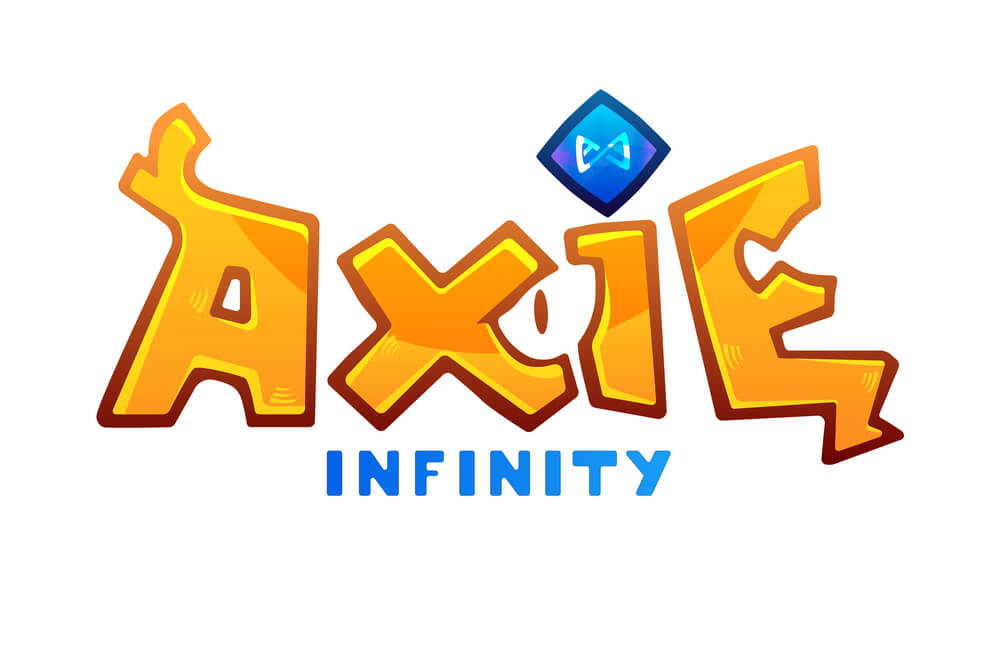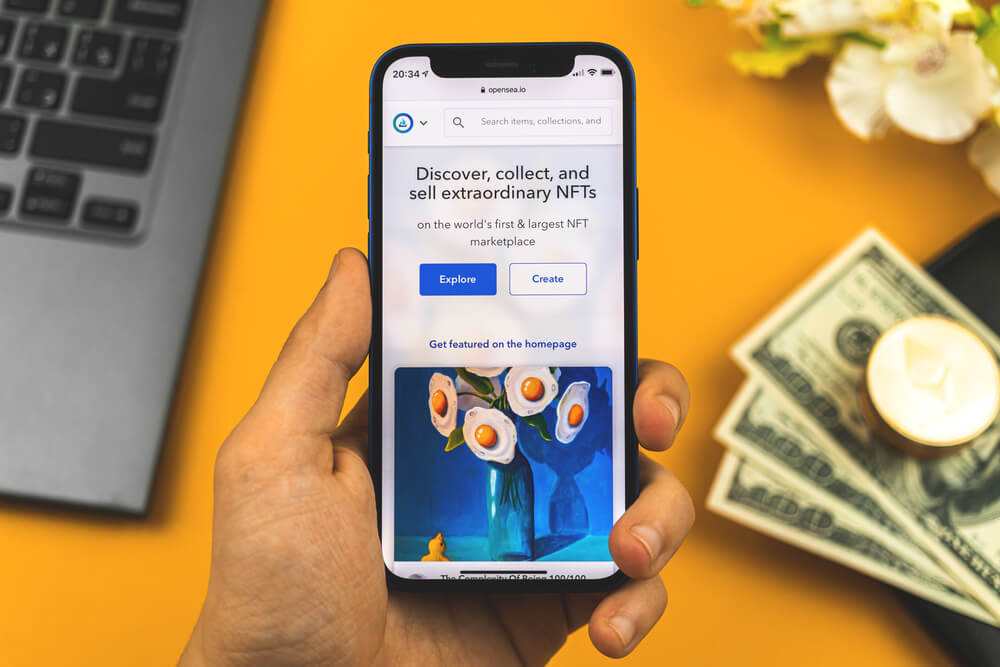As they gain mainstream acceptance, the most common question is, what is important about non-fungible tokens? We explore the possible reasons in this article.
Most people probably hadn’t heard of non-fungible tokens (NFTs) before Beeple’sEverydays: The First 5000 Days NFT auctioned for $69.3 million in March 2021. But since then, NFTs have exploded in popularity, with the top NFT marketplace recording over $80 million daily trading volume.
Admittedly, most of the NFTs traded are purely for speculative purposes. These are mainly digital works of art from top artists and in-game NFTs from popular blockchain games. In fact, these two categories of NFTs can be credited with the burgeoning NFT market.
However, NFTs have evolved and have real-life implications. Their importance primarily stems from the fact that they help solve various bottlenecks across every industry, from eliminating counterfeiting across supply chains, curbing intellectual property theft, and preventing identity theft and fraud. NFTs can also be used to monetize digital assets such as video game avatars that couldn’t otherwise be monetized. More so, holders can use them to tokenize and securitize physical assets and allow for fractional investing.
But before we discuss what is important about NFTs, we’ll first explain their core characteristics which makes them ideal for solving these real-life issues.
Table of Contents
Characteristics of NFTs
It’s no secret that the importance of anything depends on its characteristics. The same goes for NFTs; their importance primarily depends on their core characteristics. These are the main properties that make NFTs important.
Indivisible
NFTs cannot be divided into smaller denominations, unlike fungible assets, like currencies, which can be subdivided into smaller denominations. The implication here is that only one person can own an individual NFT from a collection.
Irreplaceable
NFTs, unlike cryptocurrencies or traditional assets, are irreplaceable. If you lose an NFT, you can’t replace it with another one that’s the exact same. It’s akin to losing a rare stamp or a comic book cover. That’s because NFTs employ the concept of artificial scarcity.
Verifiable
NFTs are entirely based on blockchain, which means that anyone can track the ownership status of any NFT from the current owner to when the NFT was created using blockchain explorers like Etherscan. It’s easy to authenticate NFTs, offering trust and transparency, especially since the non-fungible tokens are immutable.
What is Important about NFTs?
Admittedly, NFTs are still nascent. But gone are the days when we could brush them off as fringe assets for crypto enthusiasts. The reason why NFTs are important is because of their implications in real life. Here’s why.
1. NFTs Protect Intellectual Property Rights
One of the original uses of NFTs was in digital art – photos, paintings, music, and videos. That’s because NFTs attempt to solve one of the biggest nightmares for artists – copyright infringement. It is disturbingly easy to illegally reproduce any digital work of art, which by itself cuts the revenue streams for content creators. However, NFTs solve the copy/paste problem.
NFTs in entertainment effectively eliminated predatory third-party platforms that drain artists’ potential revenue stream. With NFTs, artists retain the copyright of their artworks while selling the first editions of their work. You can trace the IP of a piece of art traced back to the rightful owner. More so, they can program royalties into the NFTs, which means they will automatically receive a percentage of the sale every time their NFT is resold.
And it’s not just in entertainment. Platforms like IPwe offer an NFT marketplace for patents allowing inventors to tokenize and monetize their intellectual properties.
That said, the NFT space is still early, and some scammers are hijacking the pseudonymous nature of Web 3.0 to mint artworks they don’t own. So, DYOR before you ape in!
2. NFTs Eliminate Counterfeiting in Supply Chain
NFTs can potentially eliminate counterfeiting from supply chains. By scanning a simple QR code, we can trace and verify the product’s origin and track and verify its handling throughout the supply chain. We can also authenticate any product certifications and safety labels.
3. NFTs Prevent Identity Fraud
We live in an age where any document can be forged and duplicated with total fidelity, undetected from the originals. Anyone can forge certificates of qualifications, create an entire person, or worse, steal someone else’s identity and go unnoticed.
In the fourth industrial revolution, almost everything is digital, from banking, telemedicine, education, and employment. And if history has taught us anything, it is that you can lose your identity with a single wrong click. But with NFTs, an individual’s identity and technical certifications can be verified, traced, and authenticated. They are ideal for assigning a claim of ownership.
This concept also applies to event ticketing. Remember, anything can be tokenized into an NFT. Event organizers can mint multiple ticket NFTs, differentiated by the seat number, and are set to expire once the event is over. NFT marketplaces like YellowHeart specialize in NFT ticketing.
4. NFTs Monetizes Virtual Games

Gone are the days when you’d spend hours playing video games and have nothing to show for it. Inarguably, the gaming industry was one of the earliest industries to realize the immense potential of NFTs. Currently, the top NFT marketplace in terms of traders is Axie Infinity, which is solely dedicated to an NFT-based online video game.
Generally, video game developers have tokenized in-game items and characters into NFTs, creating an entire economy centered around play-to-earn blockchain and video gaming. It allows players to own and monetize their characters and in-game items. More so, game developers earn royalties whenever these NFTs are traded.
5. NFTS Can Tokenize Physical Assets
With NFTs, we can tokenize any physical asset, such as real estate. Although NFTs are indivisible, thanks to DeFi, the tokenized assets can be securitized and traded as shares through fractional ownership. It can also be used to obtain NFT-backed loans.
Fractional NFTs help creators unlock liquidity while allowing investors to buy into otherwise expensive NFTs and enjoy the revenue generated by the physical asset.
Some artists, like Damien Hist, also like their NFTS to real-world artworks. In Hirst’s case, his NFT project The Currency corresponds to real-world artworks locked in a vault in London.
The Bottom Line on What Is Important About Non-fungible Tokens
The NFT market is still in its infancy. Still, the natural evolution in the NFT space has real-life implications, which could very well be catalysts needed to actualize the fourth and fifth industrial revolutions.

